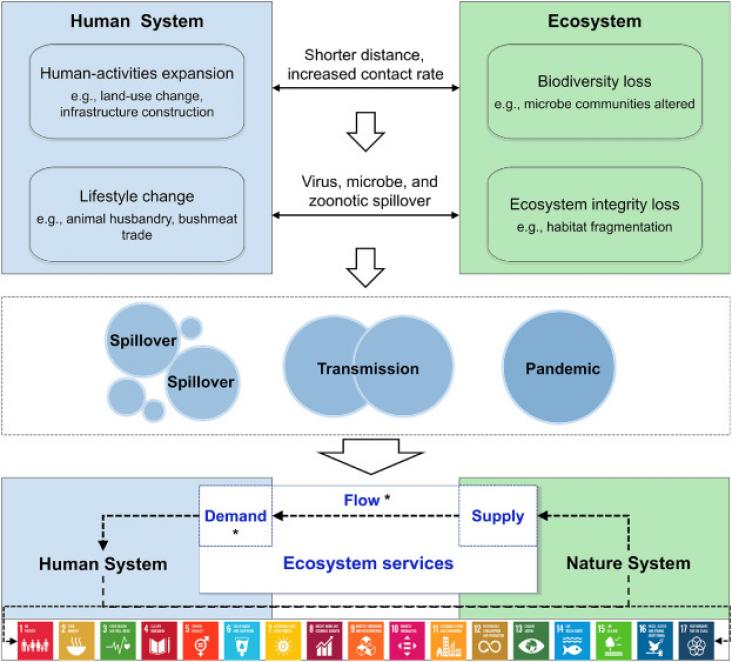Background: Ambient air pollution is a major environmental cause of morbidity and mortality worldwide. Cities are generally hotspots for air pollution and disease.
Alzheimer's disease (AD) is the foremost cause of dementia among other neurodegenerative diseases, leading to memory loss and cognitive deficits.

Background: Alzheimer's disease (AD) is a progressive neurodegenerative disorder of the brain that ultimately results in the death of neurons and dementia.
Introduction: Skin diseases have a significant global impact on quality of life, mental health, and loss of income.
RELX’s Global Head of Corporate Responsibility, Dr Márcia Balisciano, talks to Professor Jerome Nriagu and Dr Jann Murray-Garcia about their work to end racism.
Pulmonary arterial hypertension (PAH) occurs in women more than men whereas survival in men is worse than in women.

The COVID-19 pandemic has stalled and rolled back progress on Sustainable Development Goals (SDGs).
The Skinner case advances our understanding of the global history and distribution of Paget’s disease of bone (PDB) by studying a possible case in an indigenous pre-contact male from Canada.
